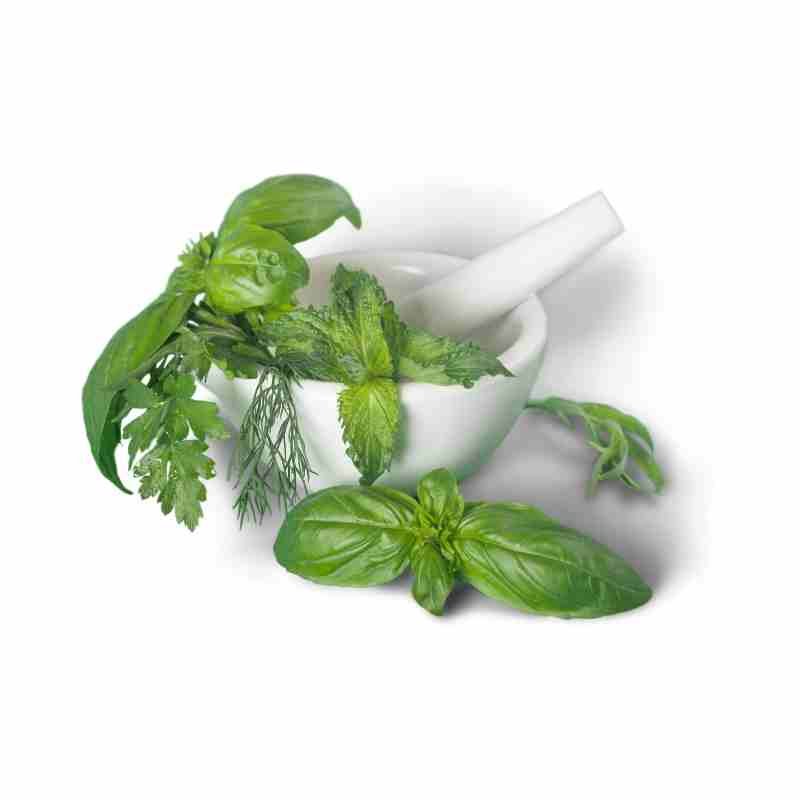A plant-based diet is a way of eating that emphasizes foods derived from plants, including vegetables, fruits, whole grains, legumes, nuts, and seeds. This type of diet excludes or minimizes meat, dairy products, and eggs, as well as highly processed foods, such as refined sugar and oil.
While not a vegan or vegetarian diet, plant-based eating offers great flexibility while placing the priority of your plate on plants.
Many people choose to adopt a plant-based diet for various reasons, including health, environmental, and ethical concerns.
Studies have shown that plant-based diets can lower the risk of chronic diseases, such as heart disease, diabetes, and certain types of cancer, while also promoting weight loss and improving overall health markers.

Overall, being on a plant-based diet means:
• Prioritizing nutrient-dense, whole foods that come from the earth.
• Minimizing meat, dairy products, and eggs.
• Minimizing highly processed foods, such as refined sugar and oil.
It may require some adjustments and planning, but the benefits for both individuals and the planet are well worth it.
Interested in how a plant-based diet would look for your routine? Contact me and I can personalize an approach for you!
Learn more about Nutrition Coaching. Or maybe you are just looking for more details on the power of plants and vegetables? Check out one of my favorite books, “Eating on the Wild Side” by Jo Robinson to get motivated to incorporate more fruits and vegetables into your day.






